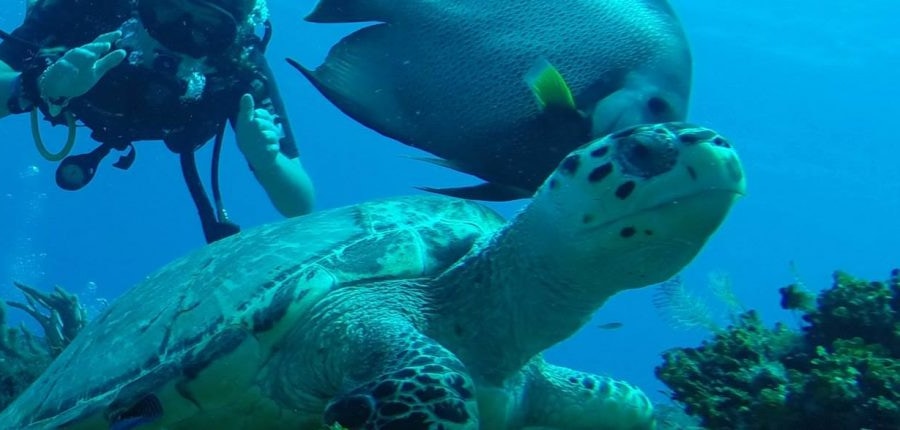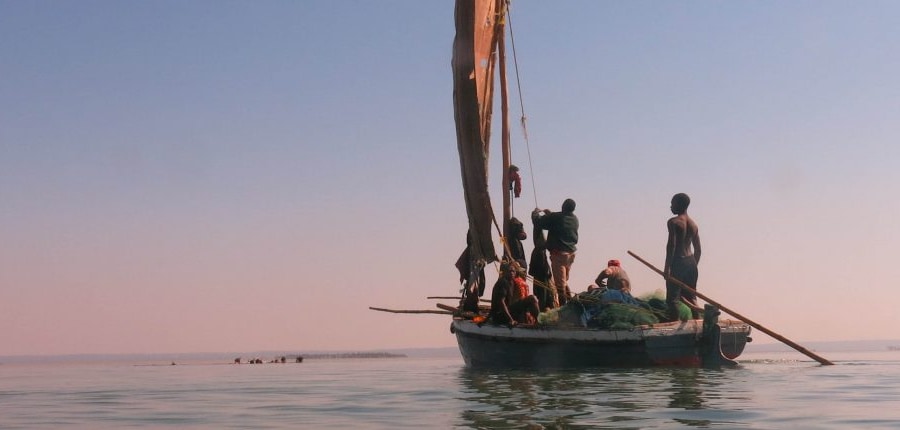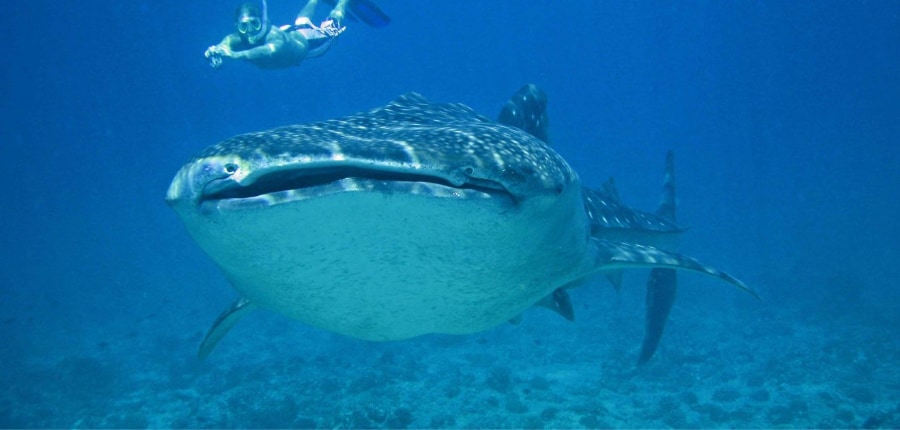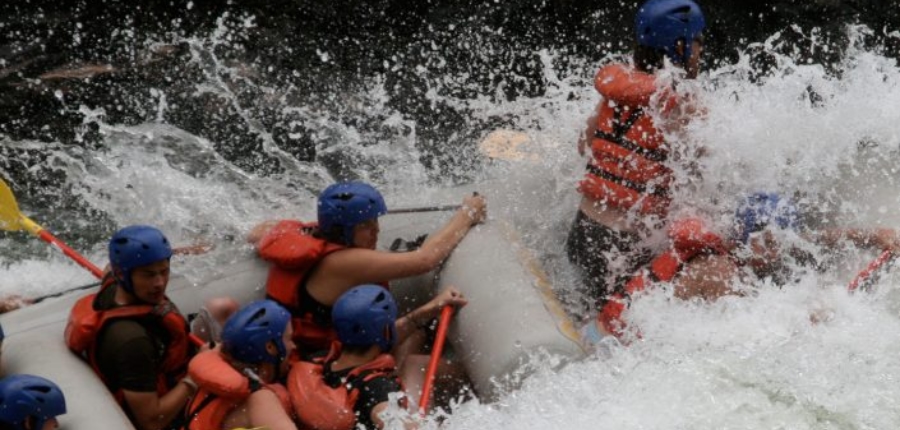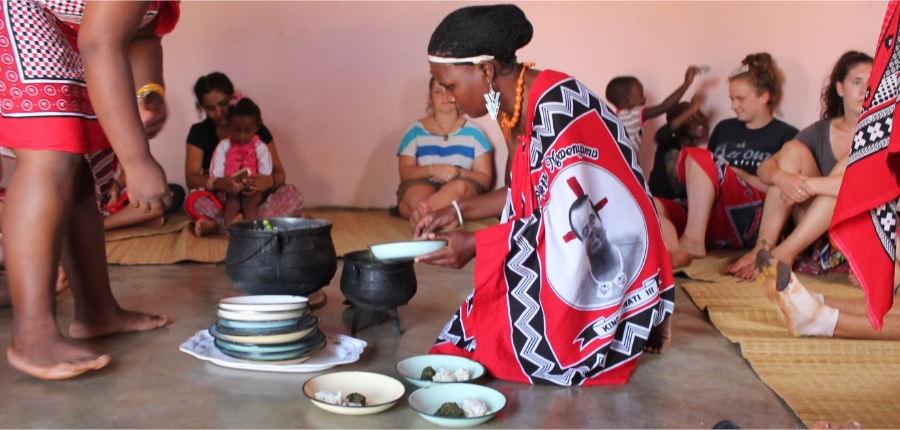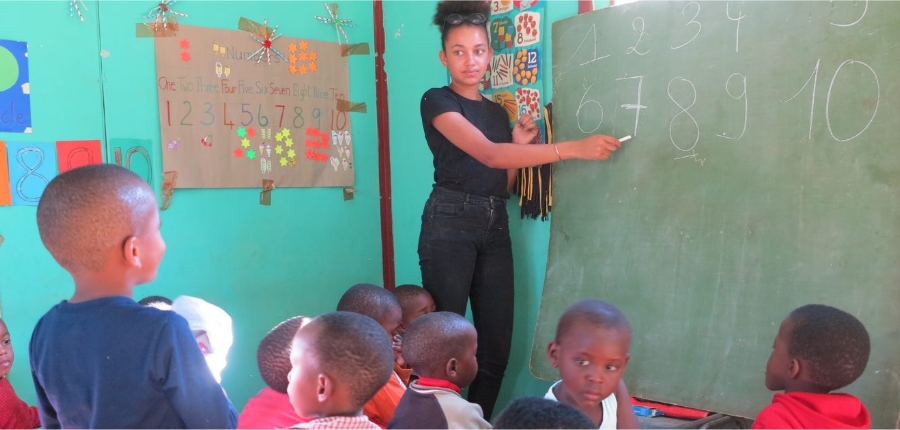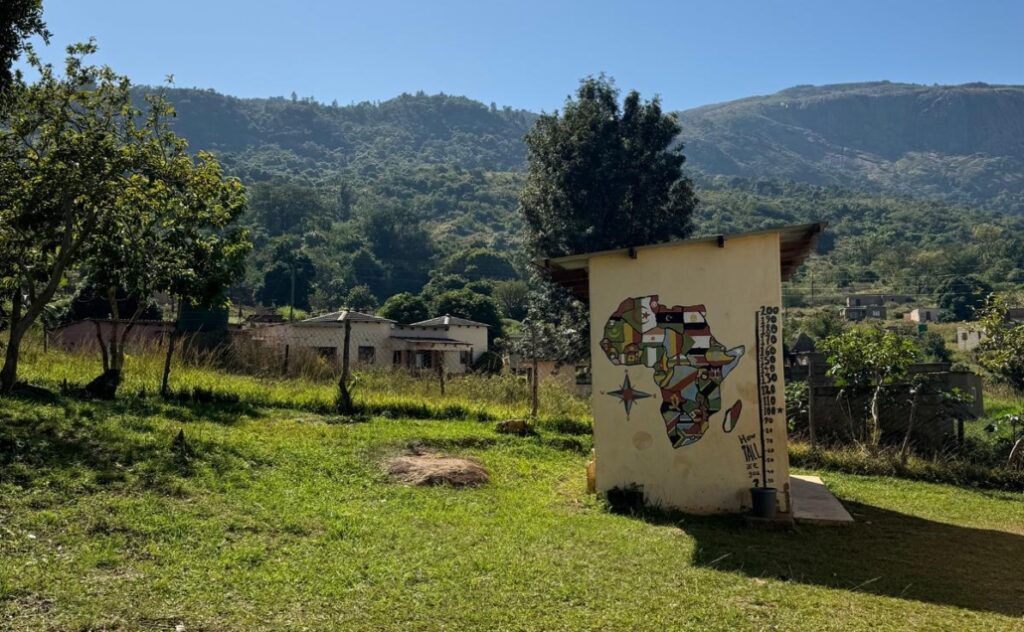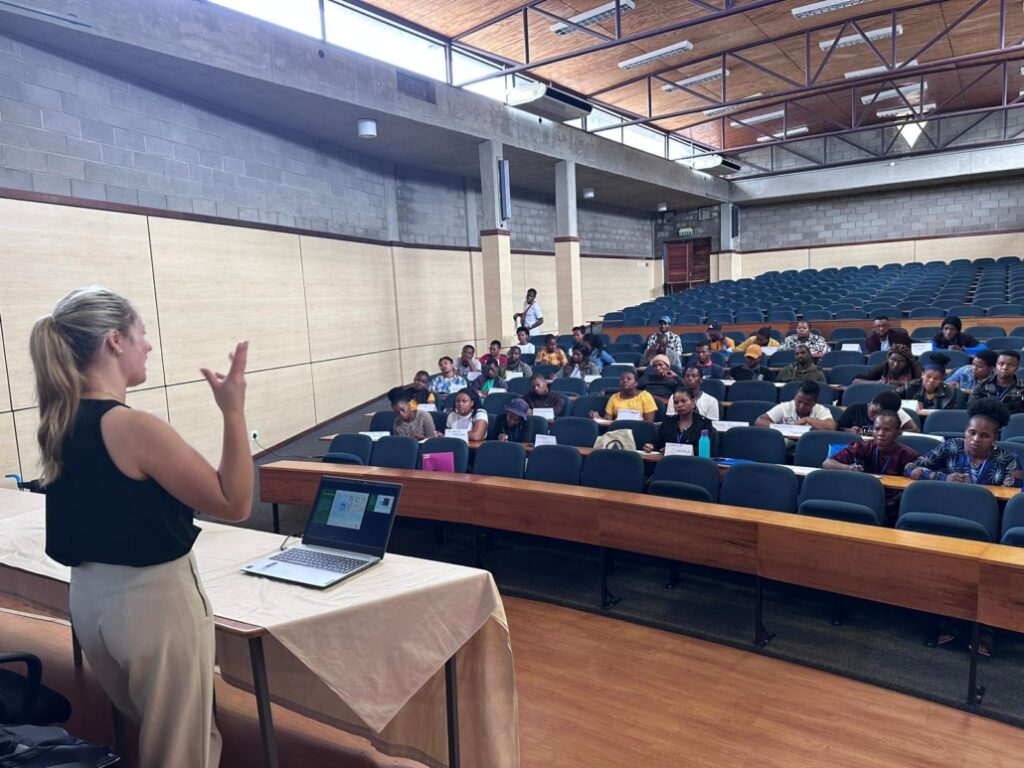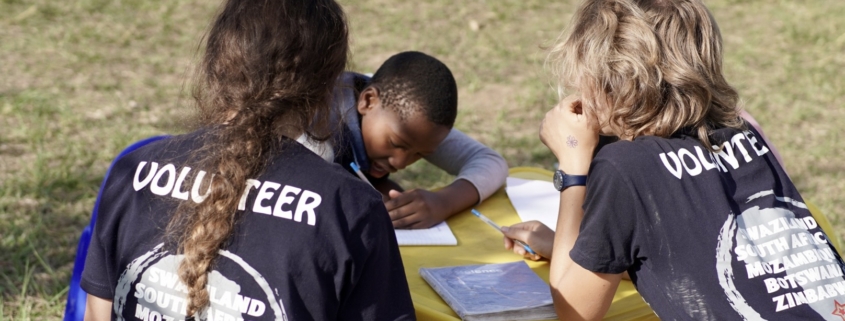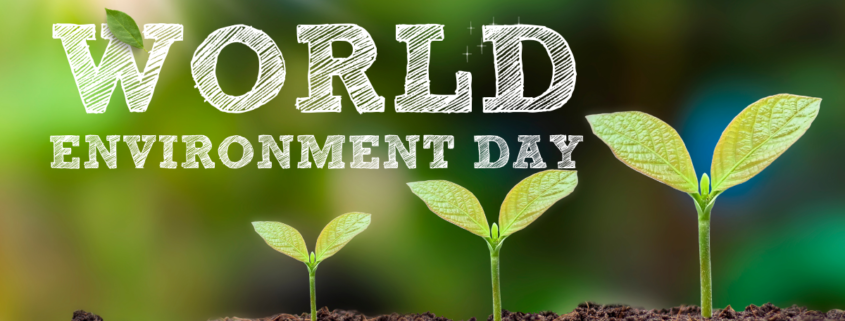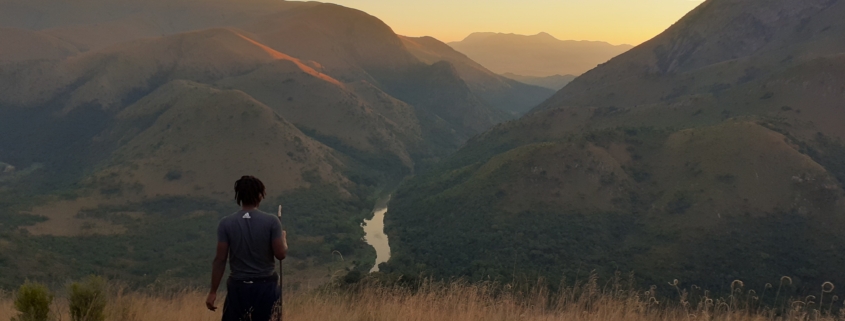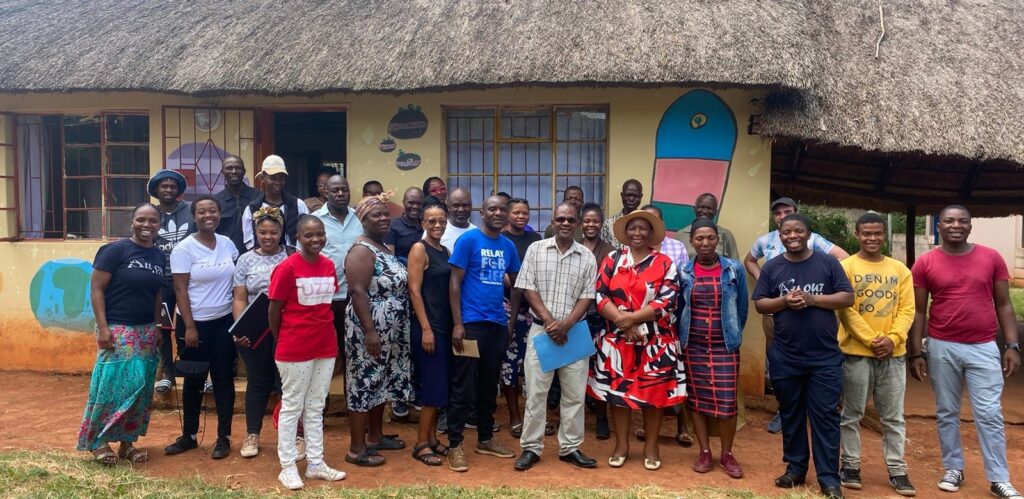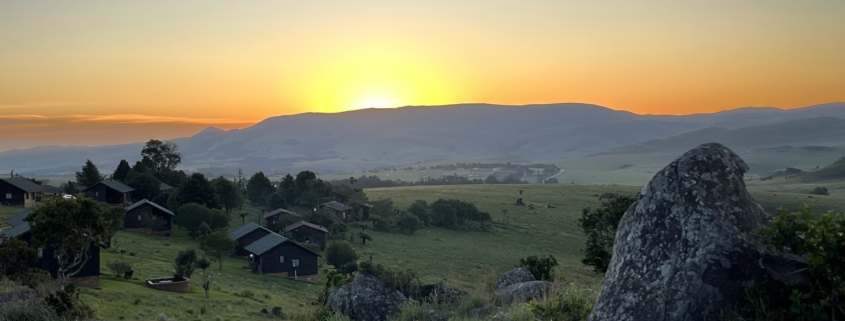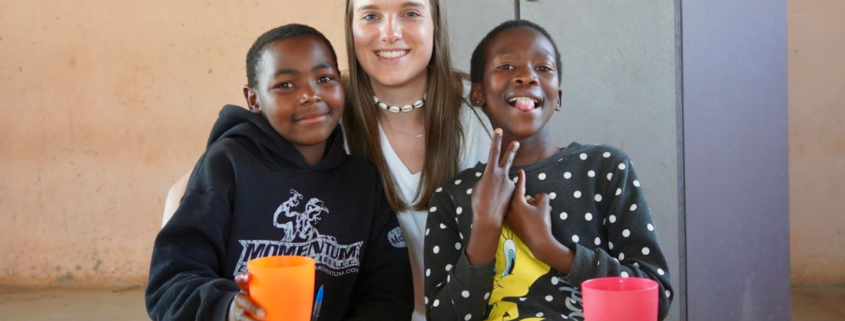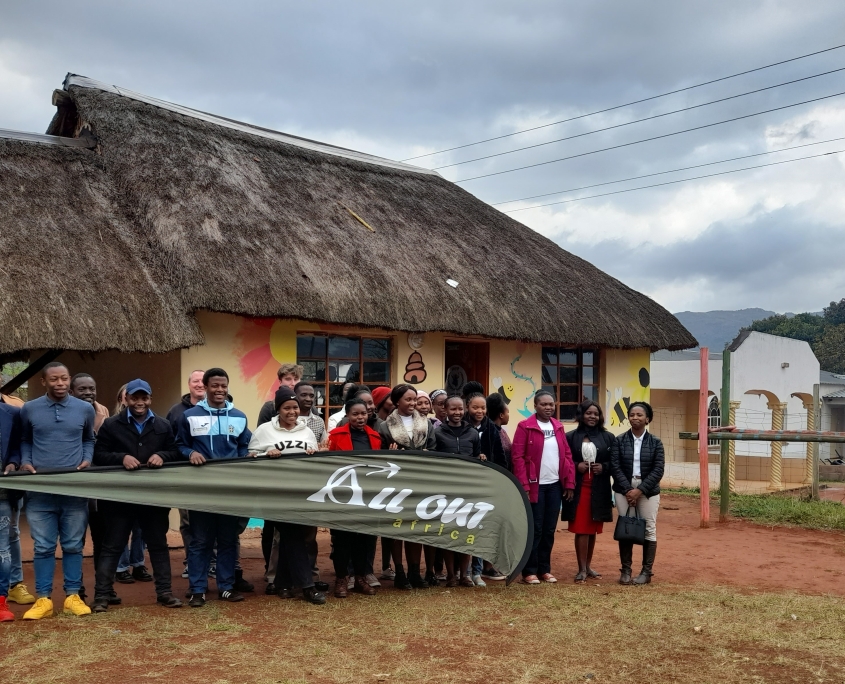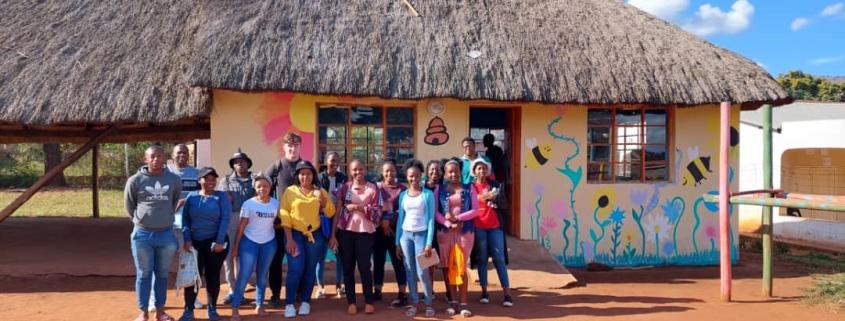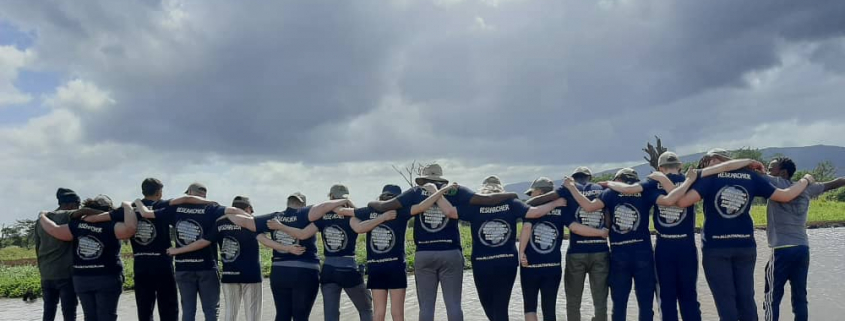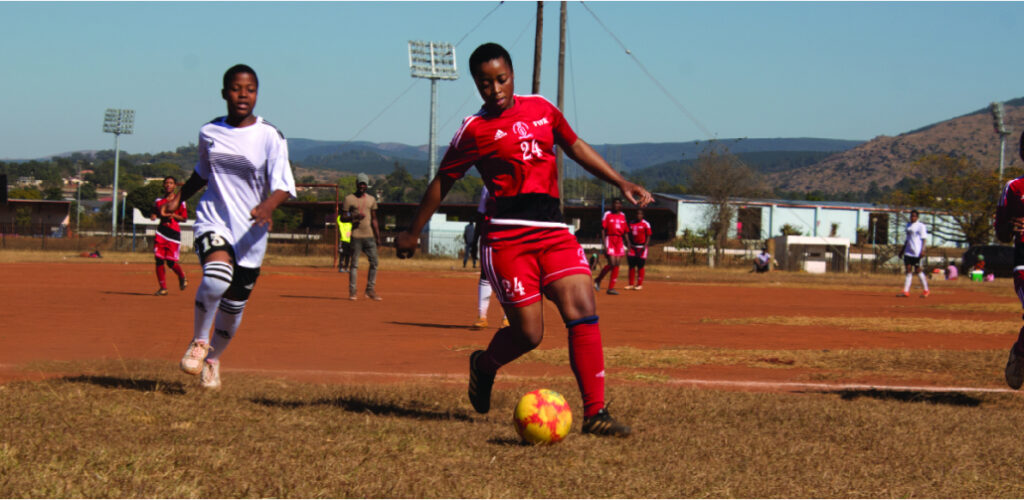Education in Eswatini (Eswatini) is of major importance for the country’s future development. Formal learning is essential for most people’s successful growth and development. It is also the key to a bright future, especially in Eswatini where the unemployment rate pre-COVID was 22% and where youth unemployment is the third highest in the world.
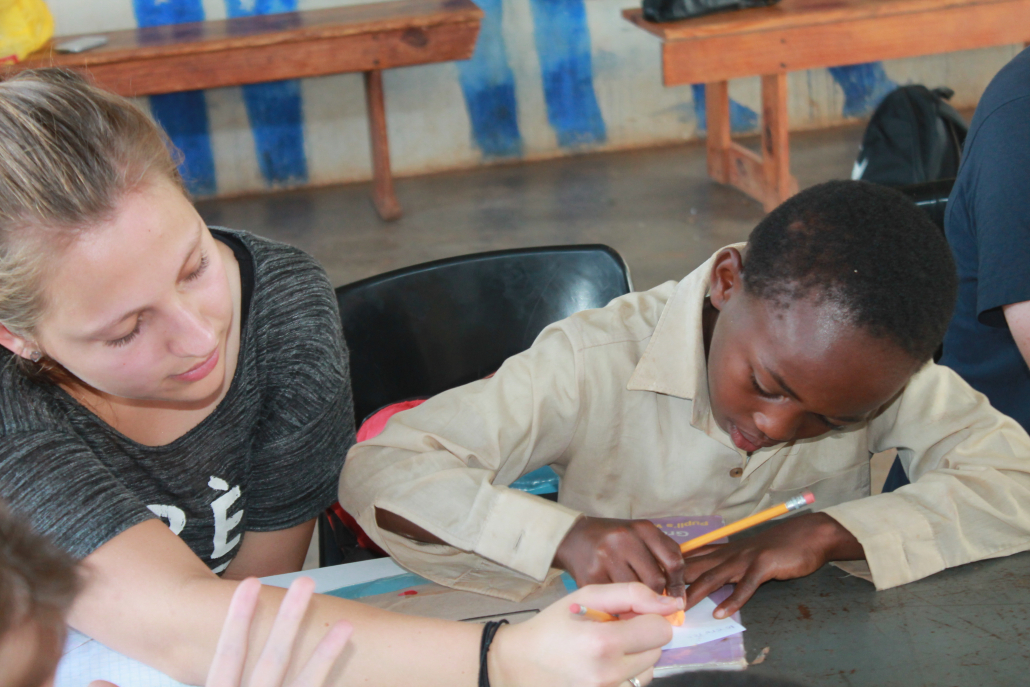
All Out Africa volunteer helping a primary school child with his school work pre-COVID.
Education in Eswatini (Eswatini) before COVID-19
Education in Eswatini (Eswatini) before COVID-19 was widely accessible but left plenty of room for improvement. Adult literacy in Eswatini was 88% in 2018 which is well above the average of 65% in sub-Saharan Africa, but below the average of 98% in Europe and Central Asia in 2018. The quality of education needs improvement. In southern Africa, 80% of ten-year-olds are not able to read and understand a simple story – known as learning poverty. Enrollment in High school in Eswatini is around 82% and of these the dropout rate is about 14%. A major challenge for the parents and guardians of many high school students in Eswatini is the relatively high cost of high school education. Unicef identifies a number of challenges in Eswatini contributing to the high drop-out rates of high school students, including:
- pregnancy,
- the high cost of secondary education,
- high levels of sexual violence, and
- Continuing use of corporal punishment of school children.
Education in Eswatini (Eswatini) and COVID-19, a lost year
In March 2020 the Government of Eswatini (in line with many other countries) declared a state of national disaster owing to the Coronavirus Pandemic and closed down a range of operations including schools. Schools in sub-Saharan Africa shut for an average of 23 weeks. However, schools in Eswatini remained shut for a whole year.
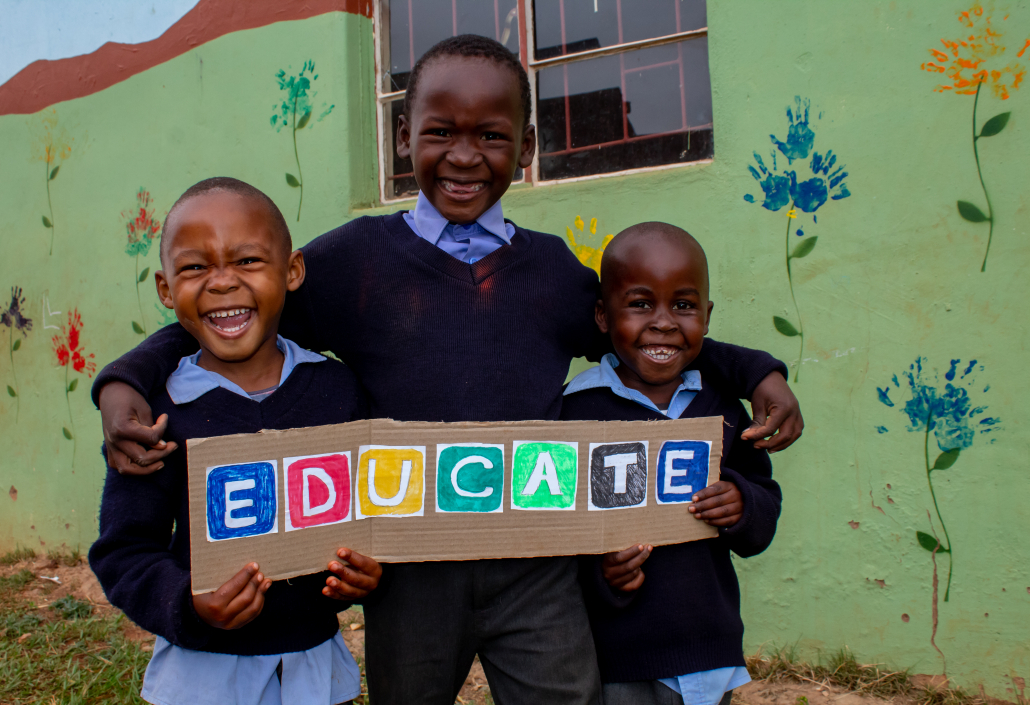
Children from Ezulwini Neighbourhood Care Point.
While efforts have been made to offer some form of education to the thousands of children needing it in Eswatini, lack of access to devices and the high cost of the internet (one of the highest in the world has prevented most children from learning during this time. We have lost a year of education in Eswatini. What is the impact of this? It has yet to be determined but is likely a devastating blow setting many children in Eswatini at a distinct disadvantage.
The impact of a break-in Education
For now, the impact of the school closures in Eswatini on children’s education is not known. A study of children affected by an earthquake in 2005 in Pakistan found that classrooms closing for 3 months resulted in children falling behind by one and a half years. Eswatini should focus a concerted effort on catching up on the lost education of the past year and capitalize on any opportunities to improve the level of education.
Hope for Education in Eswatini
At All Out Africa, we believe that pre-school education provides an essential foundation for successful school learning. We work together with the Ministry of Education, communities and some of our loyal past volunteers to help provide quality pre-school learning for disadvantaged children.
We believe that completion of school is important for all. We would love to see a solution for the high cost of high school education in Eswatini. Tackling this should really be a national priority. We do work together with communities and schools to identify children in need of sponsorship and try to source donors to support their attendance but this is a tiny drop in the ocean and a better long-term solution by the government is needed.
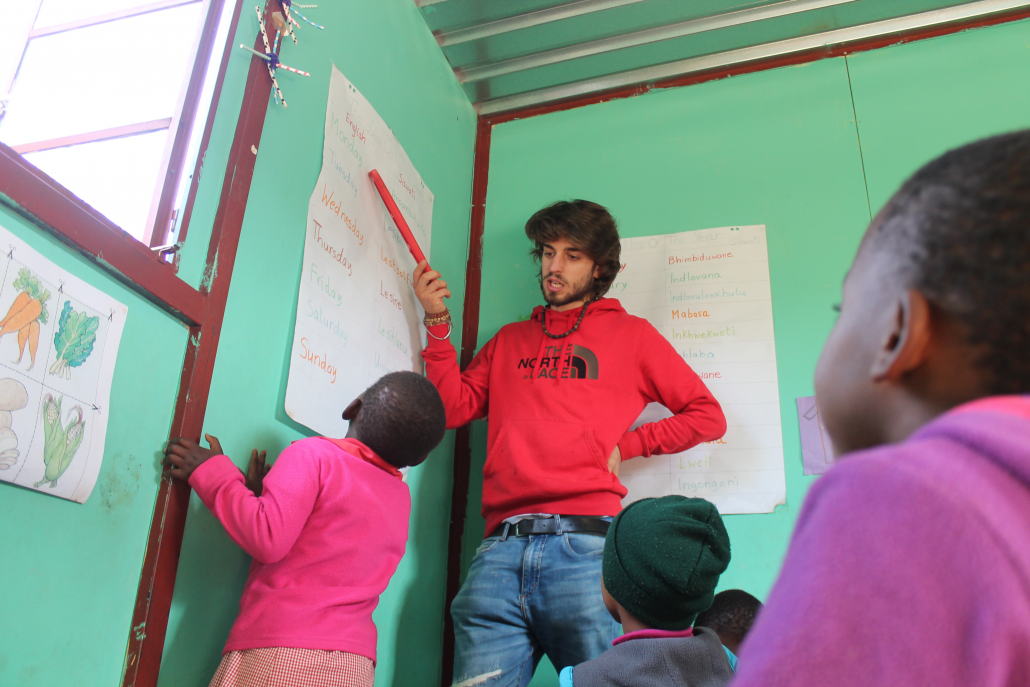
All Out Africa volunteer assisting with teaching at the Neighbourhood Care Point pre-COVID.
We believe that apprenticeship or field-based learning is an essential element of successful tertiary education. We believe that learning by doing is the best way to develop real career skills and to help address the challenge of youth unemployment we run an internship program that connects interns with career opportunities. Interested in supporting this project? Interested in being an intern? Interested in employing an intern?.
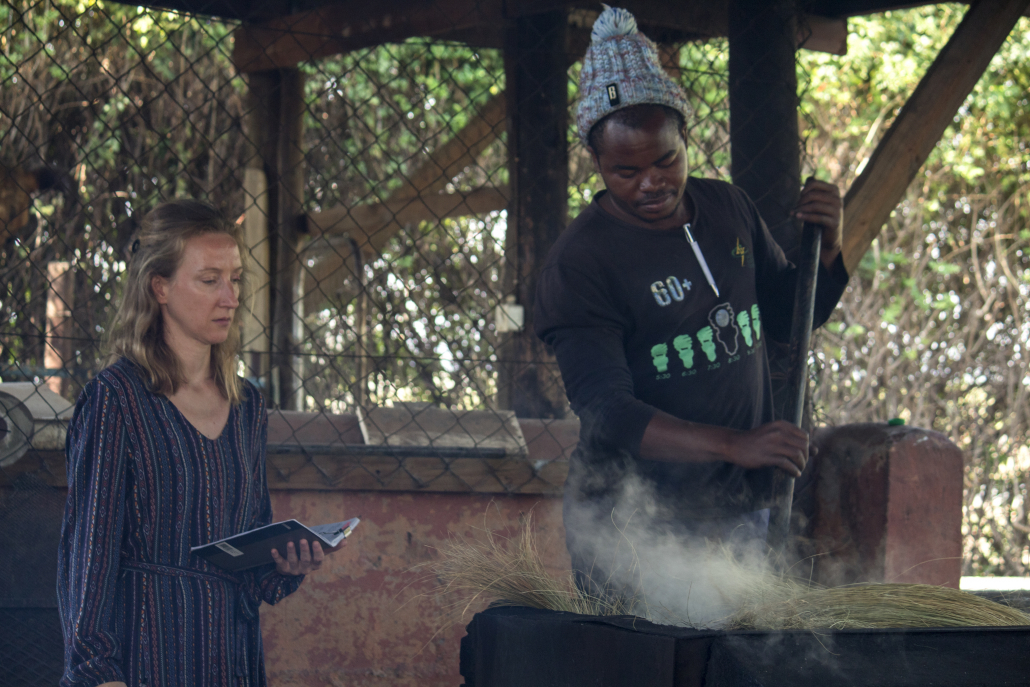
An intern during an internship placement pre-COVID.
We also run a field education facility in Eswatini for environmental studies (the Savannah Research Centre) and work with the University of Eswatini and the University of Florida to support tertiary students to carry out field-based learning activities here. We also run a field education facility in Tofo, Mozambique (the Marine Research Centre) and work with the Edwardo Mondlane University and Louisiana State University to support tertiary students to carry out field-based learning activities here. We train Swazi’s and Mozambicans here to become skilled local ecologists which is an important need if we are to address the environmental challenges facing the region. Interested in supporting this project?
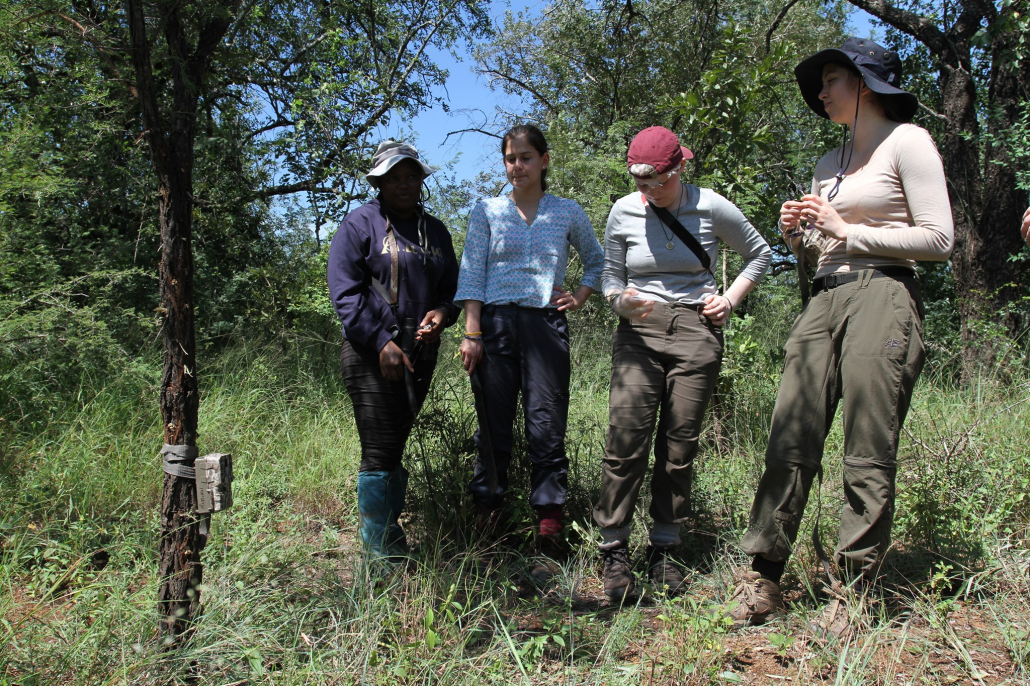
Savannah Research Centre team setting up a motion dictator camera. (The photo was taken during the pre-COVID period).
We welcome anyone interested in supporting or getting involved in these projects to help improve education in Eswatini and southern Africa.

